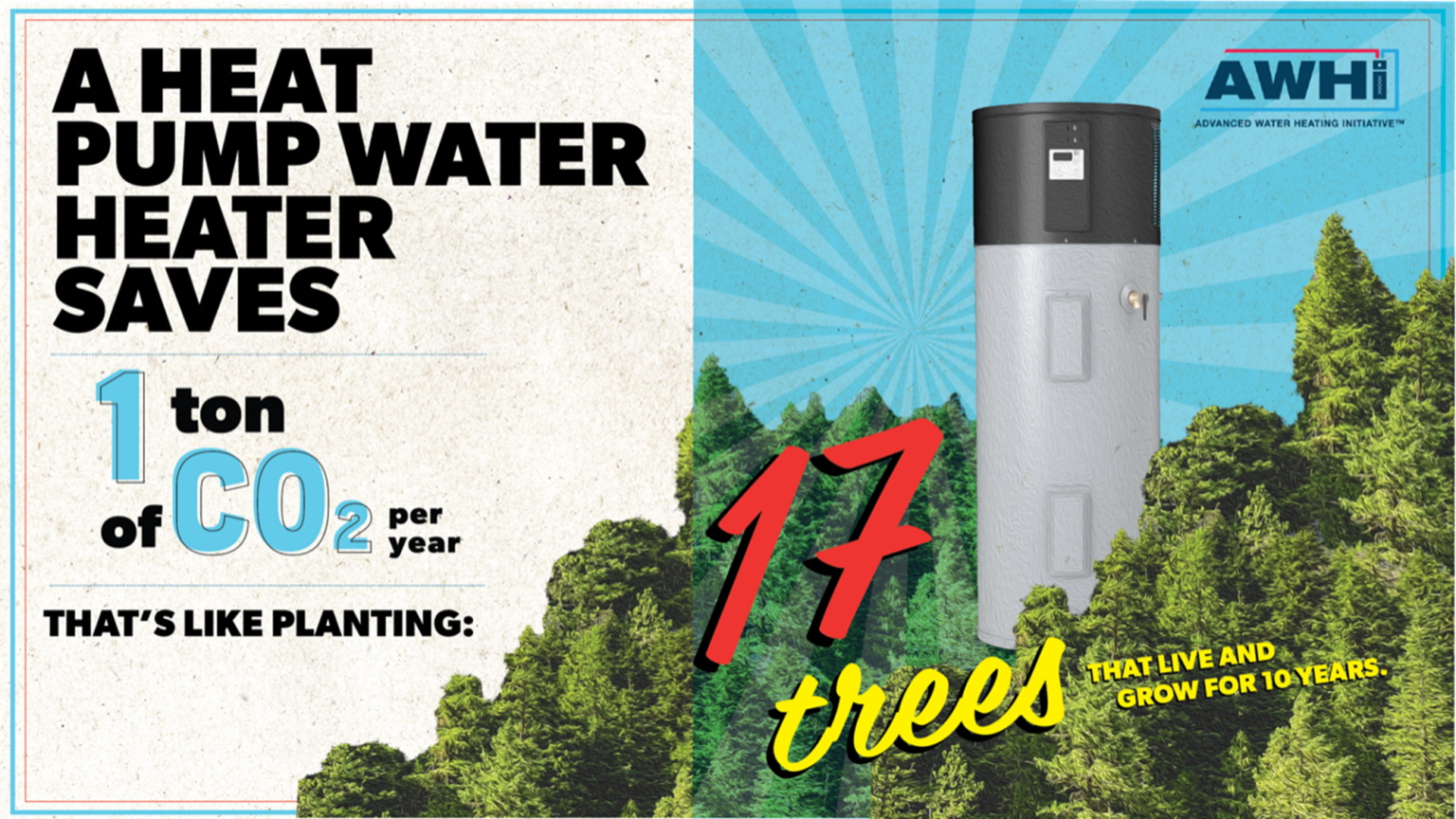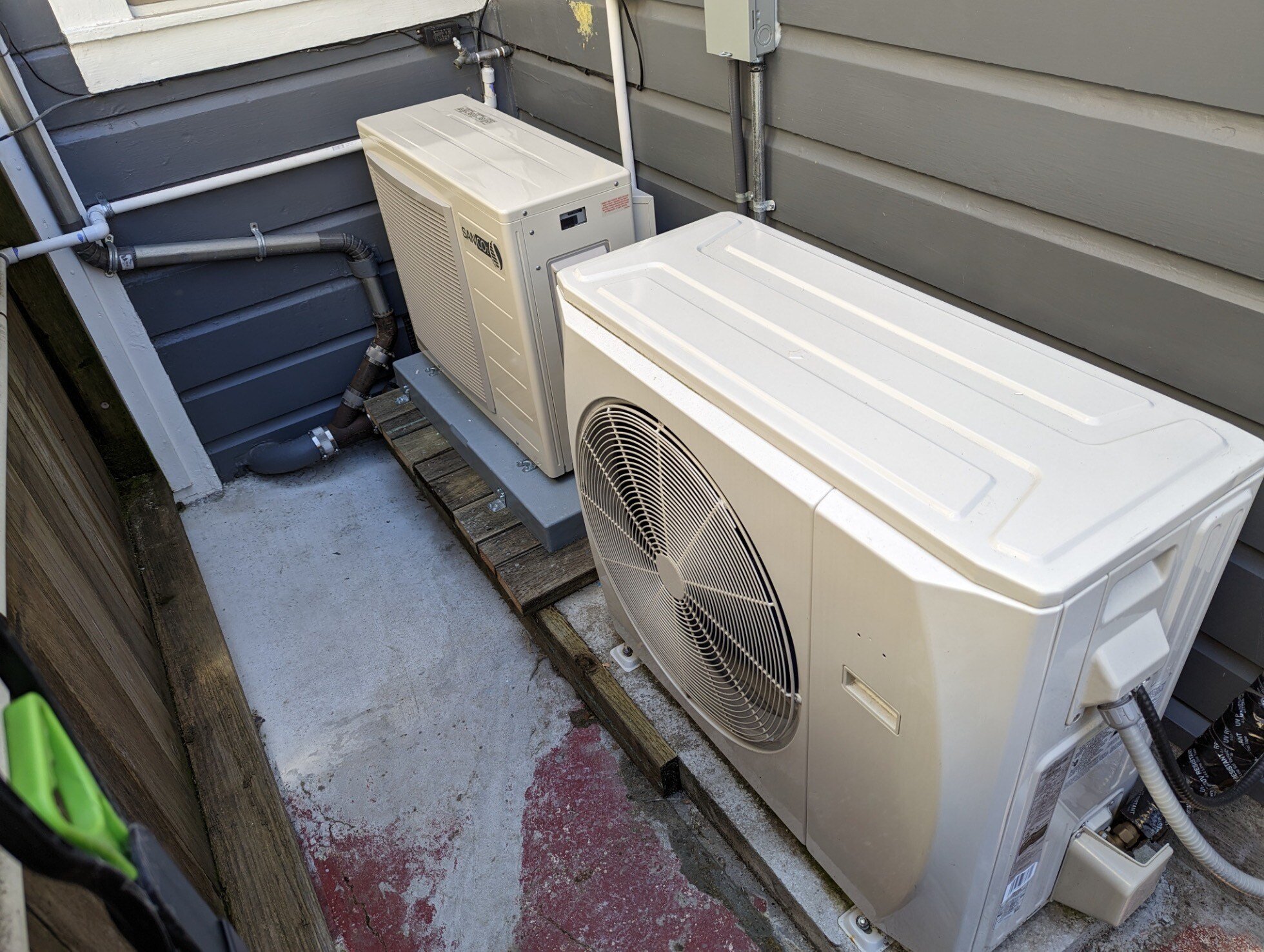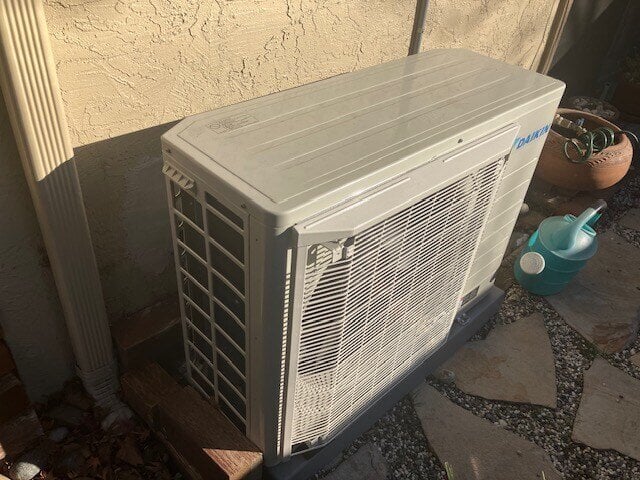Efficient Heating Solutions for Large Old Houses
Old houses can be hard to heat, drafty, and expensive to maintain. But have no fear, there are plenty of modern, efficient heating, ventilation, and air conditioning (HVAC) options available that can help you overcome the challenges of heating an older house.
As energy costs have risen, old homes are becoming even more difficult to maintain. Older homes are full of gaps that allow cold air to seep in, making it feel freezing inside. Additionally, old insulation can be of low quality or nonexistent, and underperforming heating systems can struggle to warm up the entire house. We created a brief guide to help you take effective measures to heat an older home.
- Improving Insulation
- Stopping Cold Drafts
- Upgrading Your Heating System
- Why Heat Pumps Are the Top Choice for Heating Older Homes
Improving Insulation
Outdated or poor-quality insulation can make it difficult to keep an older home warm. Upgrading your insulation can make a big difference in your home's overall comfort level. Make sure to check that you have enough insulation in your attic, walls, and floors, and consider upgrading to modern, energy-efficient insulation materials like fiberglass. Insulation degrades over time, so if your insulation is very old, it could be failing to keep warm air in your house.
You will likely need to get a professional to evaluate your insulation. Most insulation is in areas that are inconvenient to get to, and an amateur wouldn't know where to look. After a professional check, they can recommend the best course of action to insulate your home.
Stopping Cold Drafts
Old houses were not always constructed with maximum insulation in mind. Cold air can seep into your home through gaps around doors and windows, as well as through unused fireplaces. To temporarily plug these gaps, you can use draft stoppers, magnetic vent covers, weather strips, and chimney balloons. However, these temporary solutions do not address the underlying problem of air leaks.
To permanently stop drafts and heat loss, consider air sealing your home by identifying and sealing all the gaps and crevices, particularly in the attic, roof, basement, and crawlspaces. The EPA has found fully air sealing your home can reduce your heating bill by up to 15%. While some of these projects can be DIY, it's best to hire a professional who can do a full assessment and seal your home with the best available materials.
Upgrading Your Heating System
If you're struggling to keep your home warm, your heating system may not be generating enough heat. Consider upgrading to a modern, energy-efficient heating system that is appropriately sized for your home. A qualified HVAC technician can help you choose the right system for your needs. There are many new energy-efficient heating options that can save you money in the long run.
Heat pumps
Heat pumps are a great option for most old houses. They work by transferring heat from outside your home to the inside, and they can also function as an air conditioning system in the summer. This makes them very energy-efficient.
Learn more in our complete guide to heat pumps!
Boiler/radiator
Boilers that heat water until it turns to steam are common in older, historic homes. However, they are not very efficient and can be costly to operate. They also require fairly frequent maintenance.
Radiant, localized heating (portable heater)
While buying a portable heater is a quick solution, it's not very effective, efficient, or aesthetically pleasing. This option is best for supplemental heating.
Electric baseboard and underfloor heating
Electric baseboard and/or underfloor heating is ideal for rooms that need extra heat, but it's not a great whole-house solution. They are relatively cheap, but not very efficient. For a larger house, they become especially unwieldy.
Furnaces
Furnaces are the most common type of heating system in the US. They generate heat on burners inside a cabinet and can run on electricity, natural gas, or oil. Many older homes uses furnaces for heat. However, furnaces come with some air pollution and safety concerns. Furnaces are relatively inefficient compared to heat pumps. New electric air source heat pumps are much more efficient than old oil-based technology or electric furnaces of the past, which means you'll get more heat for the energy you purchase if you convert to a heat pump.
In general, electric heating is better for your home and the planet.
Why Heat Pumps are a Top Heating Option for Older Homes
Heat pumps are the most efficient way to heat virtually any enclosed space. They offer comfort, quietness, reduced heating costs, and double as an air-conditioning system in the summertime. Heat pumps are even more convenient for older homes.
Easy Installation Process
If you've ever tried to fix up an old home, you know that installation and maintenance can be hard. Heat pump systems require no intrusive installation process or ductwork. If your home has ductwork, a heat pump system can be installed in conjunction with it. Mini-split heat pumps, also known as ductless options, are widely available as well. They can be installed for each individual room. The installation process typically takes around 3-5 days. This makes them ideal for older homes with delicate construction and unique architectural features that cannot be replaced.
Dual-Purpose System with Low Maintenance
A heat pump system offers heating and cooling, providing efficient and comfortable air conditioning as well. Thus, installing a heat pump causes minimal disruption to your old home. Additionally, it requires less maintenance than traditional HVAC systems.
Room-by-Room Temperature Control
Newer heat pump technology enables homeowners to better regulate temperatures across different spaces in their homes. This is in contrast to older homes, which are typically equipped with one-zone heating and cooling systems that don’t allow for temperature regulation based on individual rooms. With a mini-split heat pump, you can have your living room warmer while keeping the bedrooms cooler. Upgrading to a heat pump system gives you more flexibility and control. It also helps you reduce energy costs by not wasting energy on rooms you don't need to heat or cool.
Safe and Modern Technology
Old homes often come with outdated technology, such as boilers that are prone to explosions or systems that rely on hazardous fuels. In contrast, heat pumps use safe and up-to-date technology that runs on electricity and requires minimal energy. If you’re considering converting from heating oil to natural gas, why not choose a clean energy system and avoid the need for additional energy conversion down the line? The value of your home will also increase once you install a modern heating system.
Superior Comfort
Furnaces and boilers often produce loud noises, bad smells, or dirty air. By contras, heat pumps filter out the air in your home and operate smoothly, creating a refreshing and clean atmosphere for your home. They are very quiet and work perfectly well in cold conditions down to -13 degrees Fahrenheit.
To sum up, heat pumps provide superior comfort, are easy to install, require minimal maintenance, and use modern and safe technology.




